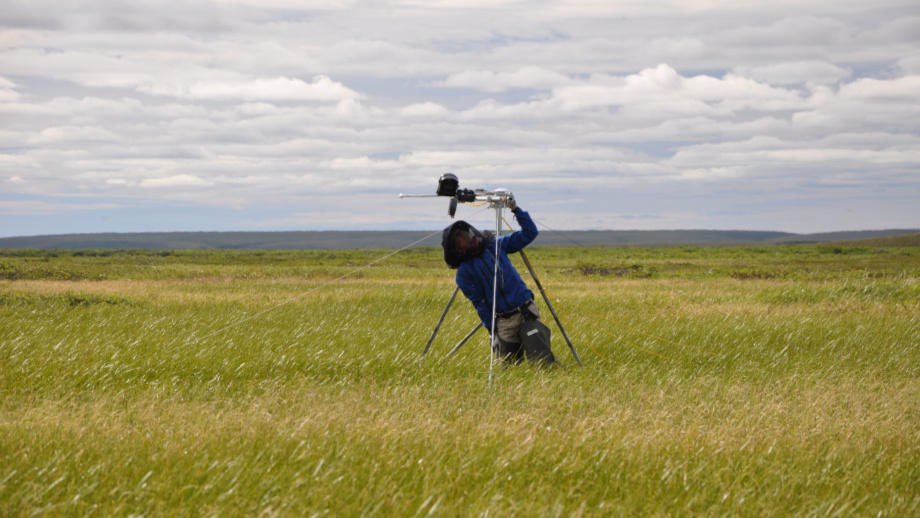Navigation auf uzh.ch
Navigation auf uzh.ch

To be an environmental scientist, it is necessary to gain a broad understanding of natural systems. Observations can be made through direct fieldwork, but also through remote sensing, database analyses, in the laboratory and through long-term data collection projects. Courses within this Master give students the opportunity to explore different mechanisms behind global change from the perspective of flora, fauna and human society. Students will gain an understanding of how to effectively design experiments, collect data, and analyze and interpret such data using state-of-the-art quantitative approaches. The insight obtained can be useful for scientists, policy makers and community members alike. Elective courses or internships give students a very good insight into further areas of interest.
The specialised MSc in Quantitative Environmental Sciences from UZH is a widely recognized, professional qualification for academic jobs in environmental sciences and is a basis for continuing studies at the PhD level. Our graduates have good career opportunities in diverse fields thanks to their wide-ranging education. Some of them have gone on to becoming lecturers or research assistants while others have taken on positions as environmental engineers, public administrators or consultants, to name a few examples.
This Master's study program consists of courses in environmental sciences and an independent research thesis. The program spans three semesters for full-time students, for a total of 90 ECTS credits. The majority of coursework takes place during the first semester and consists of both weekly lectures and block courses. In addition, the field course in the Swiss Alps (in August before the first semester) provides insight into a natural environment with a high biodiversity and allows students to understand the distribution of biodiversity across different taxa, tools and approaches to study it.